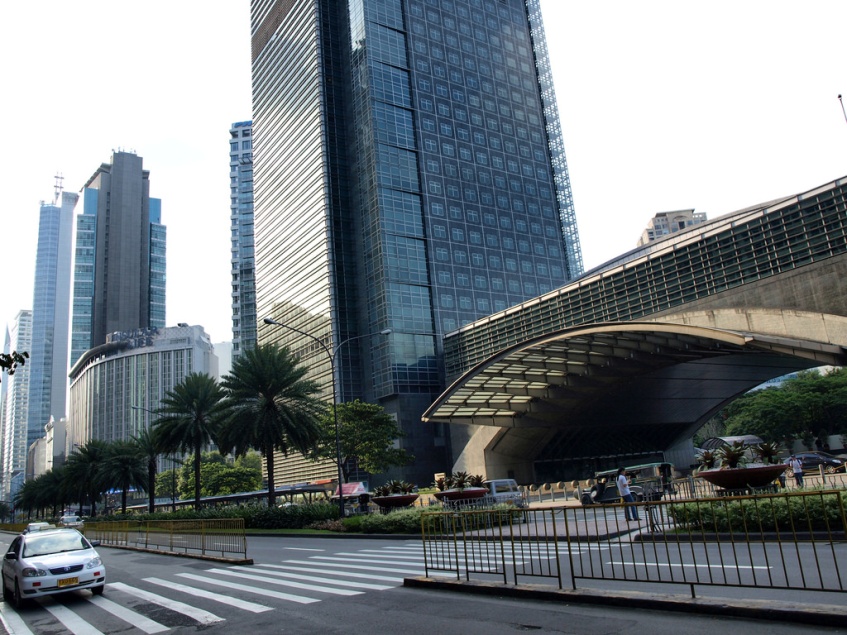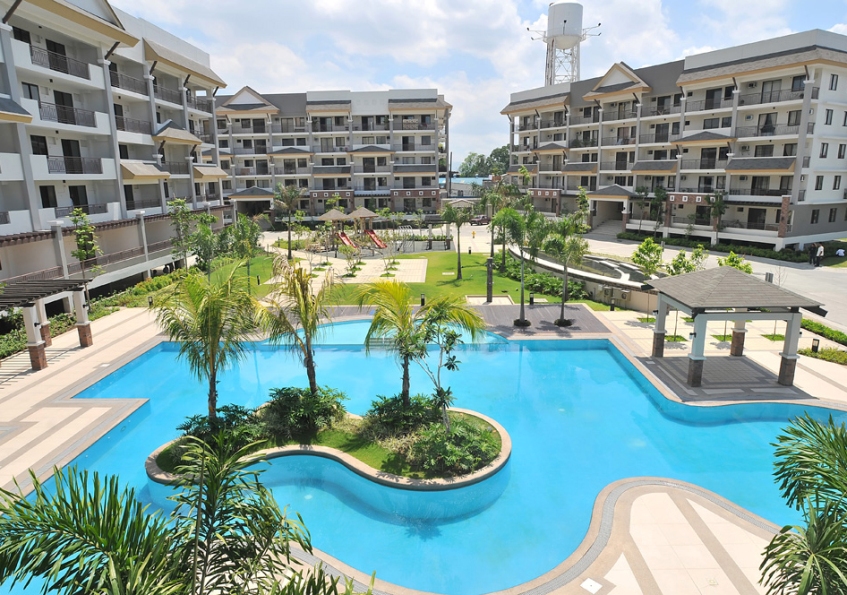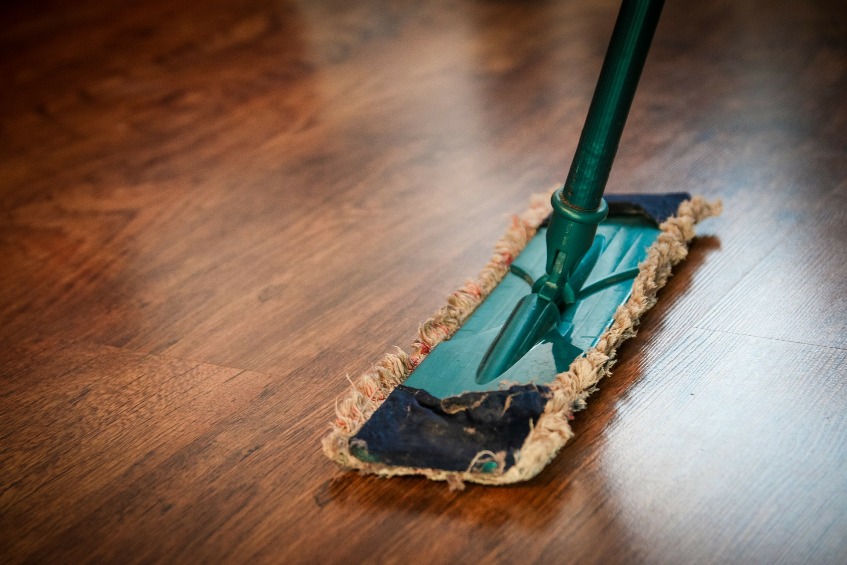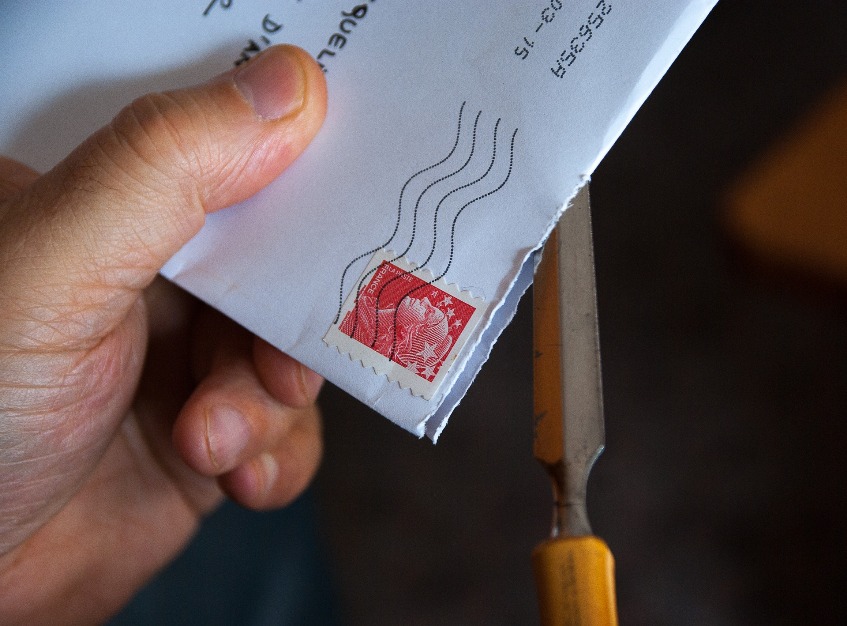Finally, you can live on your own. Your parents have given you their blessing—it turns out you’re mature and responsible enough to look after yourself. Whether you’re a student or a young professional, you should take this big change seriously so you won’t encounter any major problems down the road. Finding a new place isn’t easy, especially if it’s your first time renting. You may find the whole process physically and emotionally taxing. We have come up with this condo hunting guide to help you ease into the transition and find the perfect condo that meets all your needs and preferences. Check it out before you sign above the dotted line.
1. Identify your most preferred location

Photo courtesy of Jun Acullador via Flickr, Creative Commons
It’s important that you choose a condo that is within the vicinity of your school or work location. It will make your routines easier and cut down your travel time every day. You can choose among three methods in finding a condo based on location.
- Online Ads: Online advertisements typically outline the payment terms, basic amenities, and other general information about the condo. Still, you have to pay the place a visit to confirm everything that’s been advertised. Don’t put your money down on a condo that you haven’t seen personally.
- Agents: Sometimes, condo owners hire middlemen to find potential tenants. Agents can answer your questions and help you get acquainted with the place.
- Open House: Walk around the specific neighborhood you want to move into. Some condos host an open house every once in awhile. By walking around, you’ll have a first-hand experience of what the neighbourhood is like. If you’re planning to rent in a condo like Riverfront Residences, you can expect to see many establishments like malls, restaurants, and hospitals. Riverfront Residences is close to virtually everything! The same is true with La Verti Residences. You will surely get the advantage of location if you rent in any of these condos.
2. Stick to a budget plan

Photo courtesy of lianasmithbautista via Pixabay
Renting in the Philippines is considerably more cost-efficient than anywhere else. Nonetheless, you’ll have to save up and budget wisely to pay your deposit, rent, and monthly bills. Typically, condo owners require new tenants to drop two months’ worth of deposit and one month’s worth of cash advance. If you’re looking forward to renting a high-end condo, you better make sure your job or your parents—whatever works—can pay for it. It’s also high time for you to learn the essence of paying bills on schedule. Some lessors impose a penalty for late payments, so unless you want to waste a couple more bucks for something completely avoidable, pay your dues on time.
3. Look around and check the condo’s amenities

Photo courtesy of DMCI Leasing
Before making your final decision, study the state of the unit you’re renting. What are the physical issues that you need to talk to your lessor about? While you’re at it, ask about the different amenities that come with the lease agreement. DMCI Properties have two basic amenities across all of its residential properties, namely a swimming pool and a fitness gym. New condominiums in the metro also offer an optimized lighting and ventilation system called Lumiventt technology, DMCI’s architectural brainchild. Depending on the specific condo you’re looking at, you can expect other amenities like a cabana, a sky park, a koi pond, jogging path, palm promenade, music room, study room, in-house cafes, laundry pits, and water stations.
4. Meet your lessor and roommates
Every lessor that owns a condo for rent will ask to give you a background check. You must conduct one, too, to learn everything you can about who you’re renting from. Observe your potential lessee when you meet him/her in person. Does it seem like you both hold the same basic principles? It’s best to know now whether you can be on the same page with most things. The same applies with your roommates. If you’re planning to share a condo with fellow renters, at least make sure that you can vibe with one or two of them.
5. Inquire about pet policies
If you’re planning to take a pet in your new home, make sure you find a condo for lease that has gentle pet policies. Some properties owned by DMCI allow pets inside the condominium. Ask your landlord or landlady to clarify the rules about pet ownership. Make sure you get all the details: animal size, type, and other essential qualifications that apply. When it’s time to move in, make arrangements with your family or friends to make sure that your pet won’t get in the way while you’re unpacking and moving things around. To make your pet feel comfortable about your new residence, pack enough things that will bring a wave of recognition in your new condo.
6. Secure important documents
Condo leasing may seem complicated to a first-time condo renter. There are a lot of documents you need to process and legally binding papers you need to sign. For instance, you need to secure your last paycheck or any proof of employment so your potential lessor can make sure that you have a source of income. If you’re a student, you need someone—a parent or a guardian—to co-sign the contract with you. The lessor might also ask for a certificate of good conduct to ensure that you won’t be a pain in the head later on. The contract, of course, is the most important document you need to review. It outlines your rights and responsibilities as a tenant, together with the different rules and conditions that apply to the condo unit. If your lessor promises you something, make sure it’s clearly indicated in the contract. If there’s an article in the contract you want to change, negotiate with your lessor prior to signing. Make sure you read through all the fine print before you make a final say.
7. Plan the logistics of the move

Photo courtesy of why kei via Unsplash
Once the deal is done, it’s time to plan the logistics of your move. Who will take you from your current place to your new one? Can you ask your friends and relatives to help you move your packed boxes to your new condo in Metro Manila? Do you have to take a day off to accommodate your transfer? Can your friends and relatives do the same, or should you just hire a professional service? Make sure everything will run smoothly on the day of your big move.
8.Unpack your bags and boxes

Photo courtesy of Annie Spratt via Unsplash
Now’s the fun part: unpacking. You’ll get to decorate your living space again—isn’t that exciting? You can arrange your books in your new shelf and your clothes in your new dresser. You can even invite your friends and family over to help you move things around. To make unpacking a more fun and productive experience, don’t forget the essential things a first-time condo renter like you can’t do without. These include getting a new lock for your doors, buying bathroom essentials, and bringing your own kitchen utensils, among others.
9. Tidy up your old place

Photo courtesy of jarmoluk via Pixabay
Your whole condo leasing experience doesn’t end until you’ve accomplished your duties in your old place. Whether you’re leaving your parents’ house for the first time or vacating an old apartment, you need to make sure that you leave behind a clean dwelling. Declutter your bedroom and store away your old belongings. Even if your parents mean to keep your room as it is, at least tidy up a bit and make sure you’ll leave an unsoiled living space. The same goes if you’re leaving an old apartment or condo. Make sure your former place is clean so that when an inspector checks it, you’ll have no difficulty getting your security deposit from your former landlord or landlady.
10. Change your billing address

Photo courtesy of jackmac34 via Pixabay
One of the final things you need when renting is to change your address in important documents. It’s one way to make sure that all your mail goes to the right place. Double checking and confirming your address will also make it easier for you to automate some of your bill payments. If you’re in charge with paying for condo utilities, this is absolutely important.
Your newfound independence will be sweeter if you know how to handle it. Take the aforementioned tips to make sure that you’ll have a less stressful and more fulfilling condo hunting experience. Enjoy the freedom of living on your own!










